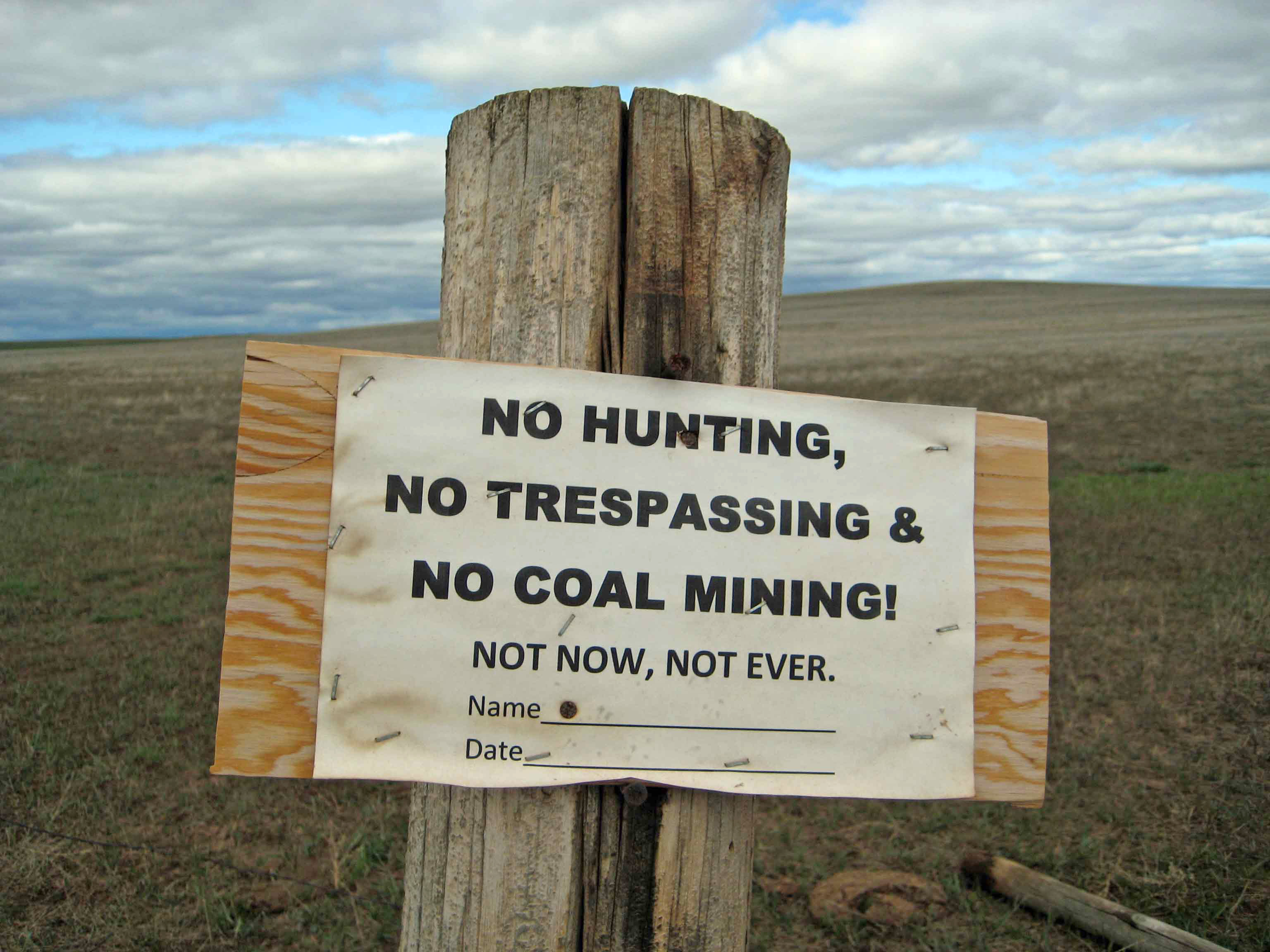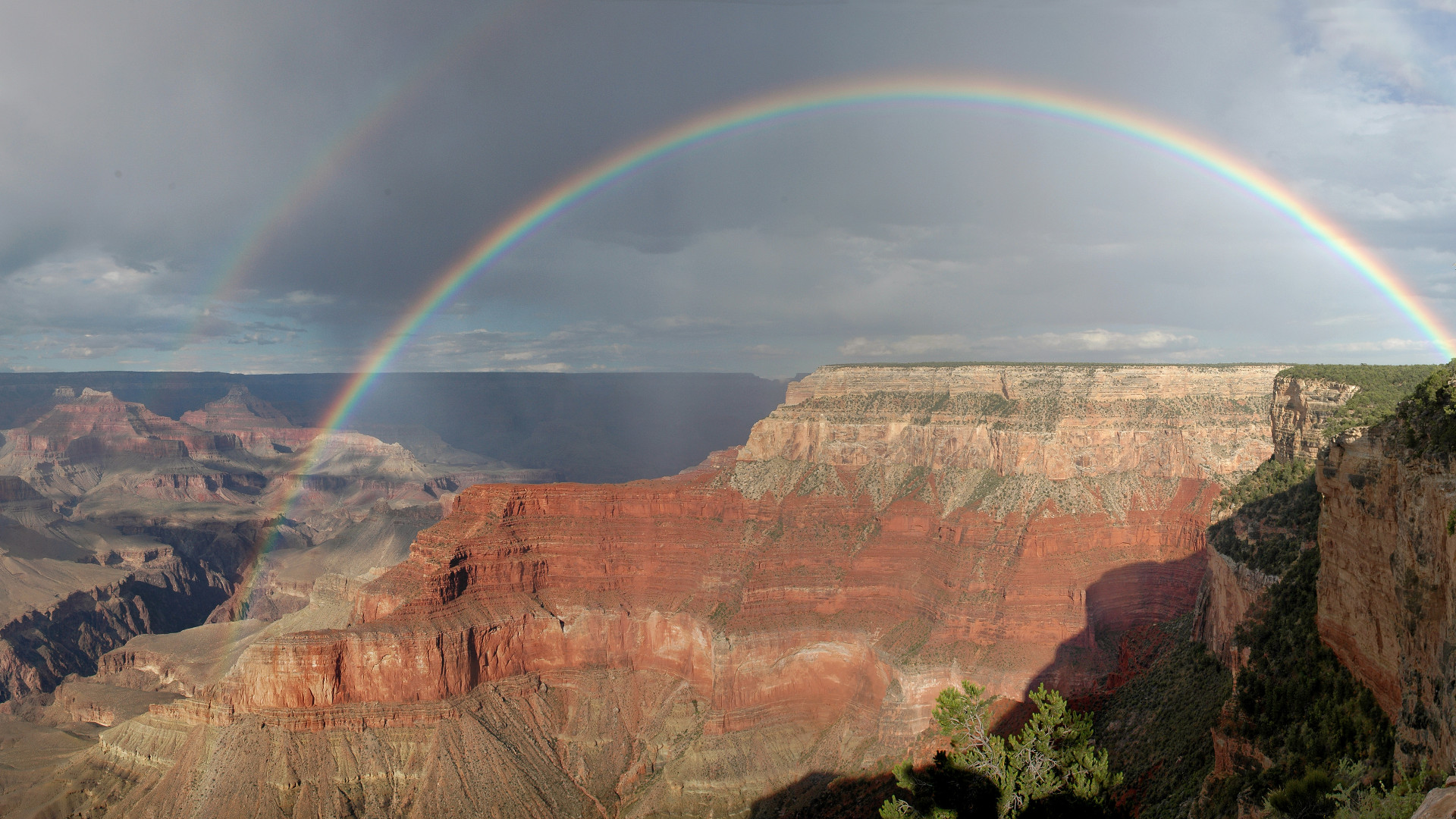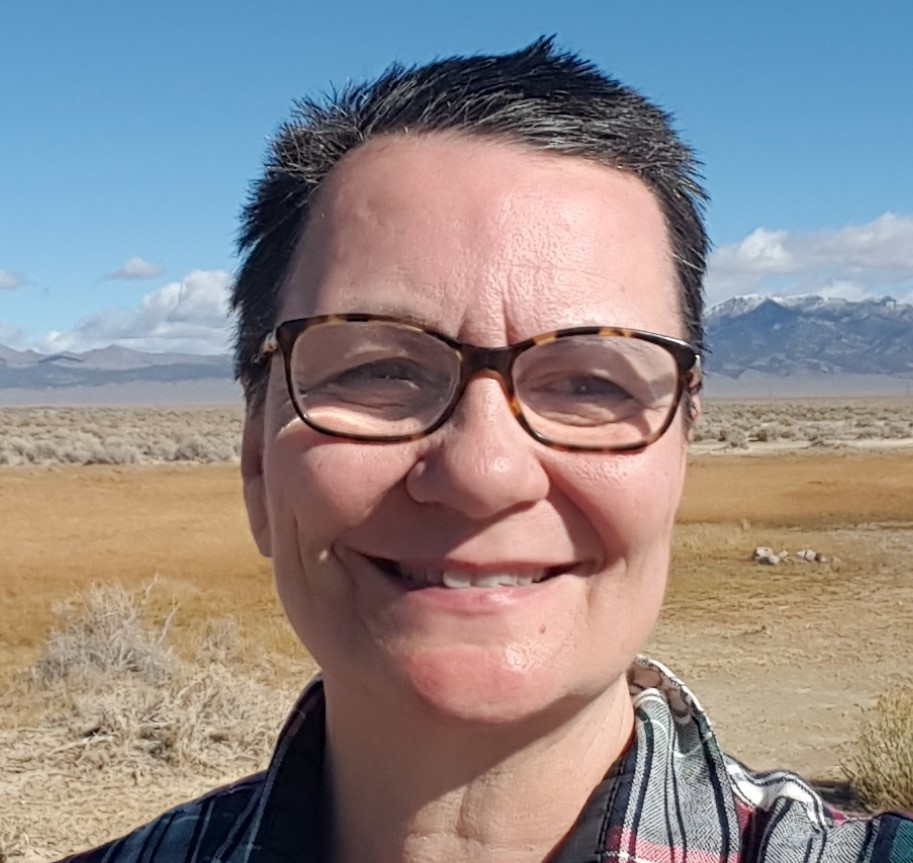Keeping my mouth shut after 49 people were murdered at the Pulse nightclub in Orlando, Florida, was one of the most difficult things I did last year. Like many LGBT people, I felt huge grief for the mostly Latinx and LGBT lives taken, as well as fear that it might be the start of more attacks on us.
At the time I was living in a small Mormon town where I directed a rural conservation group. I ached to talk about the killings in Florida, but the only person in town who knew I wasn’t straight cautioned me to remain silent. He told me that he had been fired twice in that community simply for being gay. And then he reminded me that I was working for religious and political conservatives, some of whom believed homosexuality was a dire sin.
I had never considered my own vulnerability until that moment, even though I knew that there was no state law or local ordinance that would protect me from being fired or evicted for being queer.
This was not the first time I had been warned to stay in the closet. Years earlier, a friendly political staffer had told me that my effectiveness as a conservation advocate would be greatly diminished if my sexual orientation were publicly known. There are two big problems with that advice. It’s hard to get a date when you’re in the closet, and an angry ex can out you at any time.
As an environmentalist who mostly works in rural areas, whether to hide a basic part of my identity can also come up when I’m looking for employment. Sometimes conservation job-listing preferred locations are in places that lack local or state laws protecting LGBT people from being fired or evicted. This is an issue more often than you might think. In the United States, only 20 states, Washington D.C., and some local areas explicitly protect their residents against employment or housing discrimination based on sexual orientation and gender identity.
Usually I’m not worried about being fired, just about getting and keeping housing. In the fishbowl that is small-town America, your landlord may notice your companions and ask you personal questions. It’s not malice, just curiosity. But honest answers can create problems.

I’ve had to think about my LGBT identity often because my drive to protect wildlife and wild places keeps sending me to live in conservative rural areas and small towns. The things I’m trying to save or restore are not typically located in LGBT-friendly cities, so learning how to live in conservative America is a key part of my conservation practice.
The great compensation is that in America’s rural areas are often quite beautiful. They contain most of our public lands and wildlife, as well as incredible outdoor recreation that is accessible without a long, carbon-burning drive through traffic.
Just as important, in the solitude of wild places I can hold another woman’s hand and look at her fondly, in quiet and safety, without the fear of being spit on or glared at. Sadly, I’ve had those hostile reactions even in coastal cities where you wouldn’t expect them. By defending the wild, I’m also protecting privacy and freedom for myself.
The Rural Advantage
I think there are real advantages to being a rural environmentalist, especially toward the beginning or end of a career, when job opportunities can be thin. Restoration and advocacy jobs in rural areas and small towns often have less competition, and more trouble finding qualified candidates, than positions located in larger cities. As a result, becoming an executive director before you’re 30 without having to found your own organization is a real possibility.
If you self-fund your environmentalism, many small towns and rural areas are wide open for you. If you’re doing something interesting, you do not have to be affiliated with a known environmental group to get mentioned in the local newspaper. Most of the time, you just need to show up and start improving conditions in the community in ways that people can easily see. Nearly everyone wants the place they live to be beautiful and have safe food, clean air and clean water. Yes, there will be people who resist all change, but you will also have supporters.
Another advantage of rural environmentalism is that rental housing is cheaper than in large cities, so it offers a chance to build your bank account. However, there are exceptions, such as ski towns and oil boom towns. In tiny places, there may be no rental housing at all, leaving you with buying something or living in a tent or vehicle. It’s necessary to choose your location carefully if you want to save up money.
To protect your mental and physical health, you need to avoid social isolation. Bringing a partner or family with you is a great way to prevent loneliness. However, if you’re alone in a small conservative community, you can still find friends if you work at it. Even in the reddest of red places, there will be people who are silently pleased that an environmentalist has moved to town. The key is knowing where to look for them. I have discovered welcoming souls hidden in libraries, arts councils, farmers markets, community gardens, town cleanup groups, public meetings, hiking clubs, local charities and Episcopal churches. Sometimes I’ve even found other LGBT people.
Whether you make one friend or many, it’s important that you be there in these communities. There are relatively few conservationists living in rural and small-town America. In this way I find being an environmentalist much like being LGBT. False stereotypes thrive when people don’t know us.
Once, after I helped a rural community defeat an energy project it didn’t want, an old-time rancher joked, “You’re not an environmentalist. You’re a lovely woman.” The truth is, I’m both, and he knew it. However, the word “environmentalist” is hard for people in small conservative places because it’s been politically demonized. Your being there can chip away at that. But it won’t happen unless you go.
© Kelly Fuller. All rights reserved.



